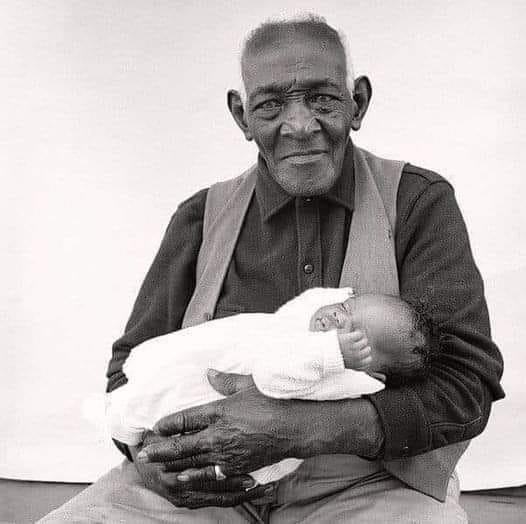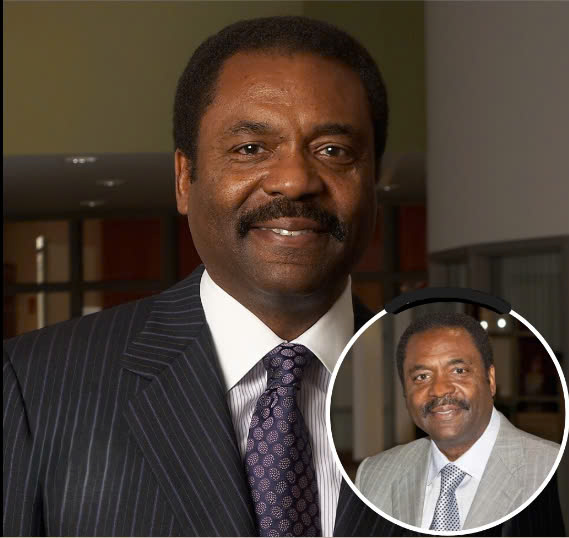She was one of the first black women to make the transition, propelled by the musical “Sweet Charity.” She also broke ground playing a black lesbian on TV.

Paula Kelly made her film debut dancing with Shirley MacLaine, center, and Chita Rivera in the 1969 movie version of the musical “Sweet Charity.” She had performed the role onstage.
Paula Kelly, a tall, lithesome dancer who was one of the first African-American women to make a successful transition to movies and television from Broadway, using the musical “Sweet Charity” as the bridge, died on Saturday at a nursing facility in Whittier, Calif. She was 77.
Her niece, Dina McCarthy, said the cause was chronic obstructive pulmonary disease.
Ms. Kelly burst into the movies in 1969 in “Sweet Charity,” an adaptation of the stage musical about an ever-hopeful taxi dancer — a dance partner for hire — in a run-down Times Square dance hall. Ms. Kelly played the dancer Helene, one of two best friends of the title character, Charity Hope Valentine, played by Shirley MacLaine. Chita Rivera played the other.
Although lesser known than the movie’s big stars — Sammy Davis Jr. also had top billing — Ms. Kelly more than held her own, especially in the seductive number “Big Spender” and the energetic “There’s Got to Be Something Better Than This,” in which the three dance-hall girls express their determination to get respectable jobs.
Onstage, Ms. Kelly played Helene in the London production of “Sweet Charity” (with music by Cy Coleman, lyrics by Dorothy Fields and a book by Neil Simon). The director, Bob Fosse, who also directed and choreographed the show on Broadway, asked Ms. Kelly to reprise the role for the movie, which was to be his feature-film directorial debut.
He called her “the best dancer I’ve ever seen.”
Her performance in “Sweet Charity” landed her other acting roles in movies, among them the science-fiction thrillers “The Andromeda Strain” (1971) and “Soylent Green” (1973). It also led to multiple parts on television shows including the dramas “Hill Street Blues” and “Police Woman” and the sitcoms “The Golden Girls” and “Night Court,” in which she played a public defender, winning an Emmy Award nomination in 1984.
How The Times decides who gets an obituary. There is no formula, scoring system or checklist in determining the news value of a life. We investigate, research and ask around before settling on our subjects. If you know of someone who might be a candidate for a Times obituary, please suggest it here.
Ms. Kelly earned another Emmy nomination for playing one of television’s first black lesbian characters, in the 1989 ABC mini-series “The Women of Brewster Place.” Adapted by Oprah Winfrey’s production company from a novel by Gloria Naylor, the mini-series, also featuring Ms. Winfrey and Cicely Tyson, was praised for showcasing the complexities of the lives of black women living in a tenement building. Ms. Kelly’s character, Theresa, lived in the building with her partner, Lorraine, played by Lonette McKee.
Ms. Kelly had long caught the attention of critics. After seeing her in an adaptation of Ovid’s “Metamorphoses” on Broadway in 1971, Walter Kerr of The New York Times wrote, “I suspect you are going to notice her — cool and angular and with legs as elegantly articulated as an aristocratic crane’s — wherever she turns up.”
“Some performers are performers,” he added; “a few are presences.”

Ms. Kelly in a publicity photo from 1984, when she played a public defender on the sitcom “Night Court.”Credit…Warner Bros., via Everett Collection
Paula Alma Kelly was 𝐛𝐨𝐫𝐧 in Jacksonville, Fla., on Oct. 21, 1942, to Lehman Clarence and Ruth Naomi (Dempsey) Kelly. Like many black families of that era in the South, the Kellys and their three daughters joined the Great Migration and headed north when Paula was 6 months old, settling in the Sugar Hill section of Harlem. Lehman Kelly became the superintendent of the apartment building where they lived, and Ruth Kelly worked in retail sales.
The family arrived after the heyday of the Harlem Renaissance, but many of its major figures were still there. The family’s neighbors included Billie Holiday, Johnny Hodges and Billy Strayhorn, and music was always emanating from open windows.
“Before she was old enough to walk, Kelly would bob her head to the music of Count Basie, Duke Ellington and Buddy Johnson,” her cousin Baron Kelly wrote in an entry in The National African-American Biography (2006).
When she saw her first Broadway show, “West Side Story,” Ms. Kelly was inspired to pursue a career in dance. She auditioned successfully for admission to the High School of Music and Art in Manhattan and won a scholarship to the dance program at Juilliard in 1960.
During her second year there, she took six months off to make her professional dance debut on tour with Harry Belafonte. When she returned, she switched to Juilliard’s bachelor of fine arts program. She was scheduled to graduate in 1964 but, for reasons that remain unclear, left in June without getting her degree.
But she was already on her way. She had made her Broadway debut that year in the musical “Something More!,” starring Barbara Cook, and was plucked for the London stage production of “Sweet Charity.”
She was soon making dance appearances on “The Carol Burnett Show” and “The Dean Martin Show.” In 1967 she was a featured performer at the grand opening of Caesars Palace in Las Vegas with Jack Benny, Tony Bennett and Andy Williams.
Two years later she put on a solo dance performance at the Academy Awards ceremony, where Sidney Poitier introduced her as “the sensational young dancer from ‘Sweet Charity,’” accompanied by the U.C.L.A. marching band.
Much in demand that year, Ms. Kelly was seen on Broadway in “The Dozens,” a comedy with Morgan Freeman, and appeared nude in a photo shoot for Playboy magazine.
In a busy career, Ms. Kelly starred in black-oriented films like “Cool Breeze” (1972) and “Trouble Man” (1972), which had a soundtrack by Marvin Gaye. She played Leggy Peggy, the wife of a congressman, in “Uptown Saturday Night” (1974), a comedy starring Mr. Poitier and Bill Cosby.
But she never gave up the stage. In 1976 she helped choreograph a musical adaptation of “Peter Pan,” in which she played Tiger Lily. She also danced in a touring production of the Duke Ellington revue “Sophisticated Ladies” in 1982.
In 1985, Ms. Kelly married Don Chaffey, a British film director, writer and producer. He died in 1990. She is survived by her longtime partner, George Parkington.
Despite her many acting roles, Ms. Kelly’s first love was dance.
“The only time I feel complete expression is when I’m dancing,” she told the black weekly The New Pittsburgh Courier in 1968. “Then I feel I have no problems, no worries, no hangups. I feel I could do anything in the world.”





